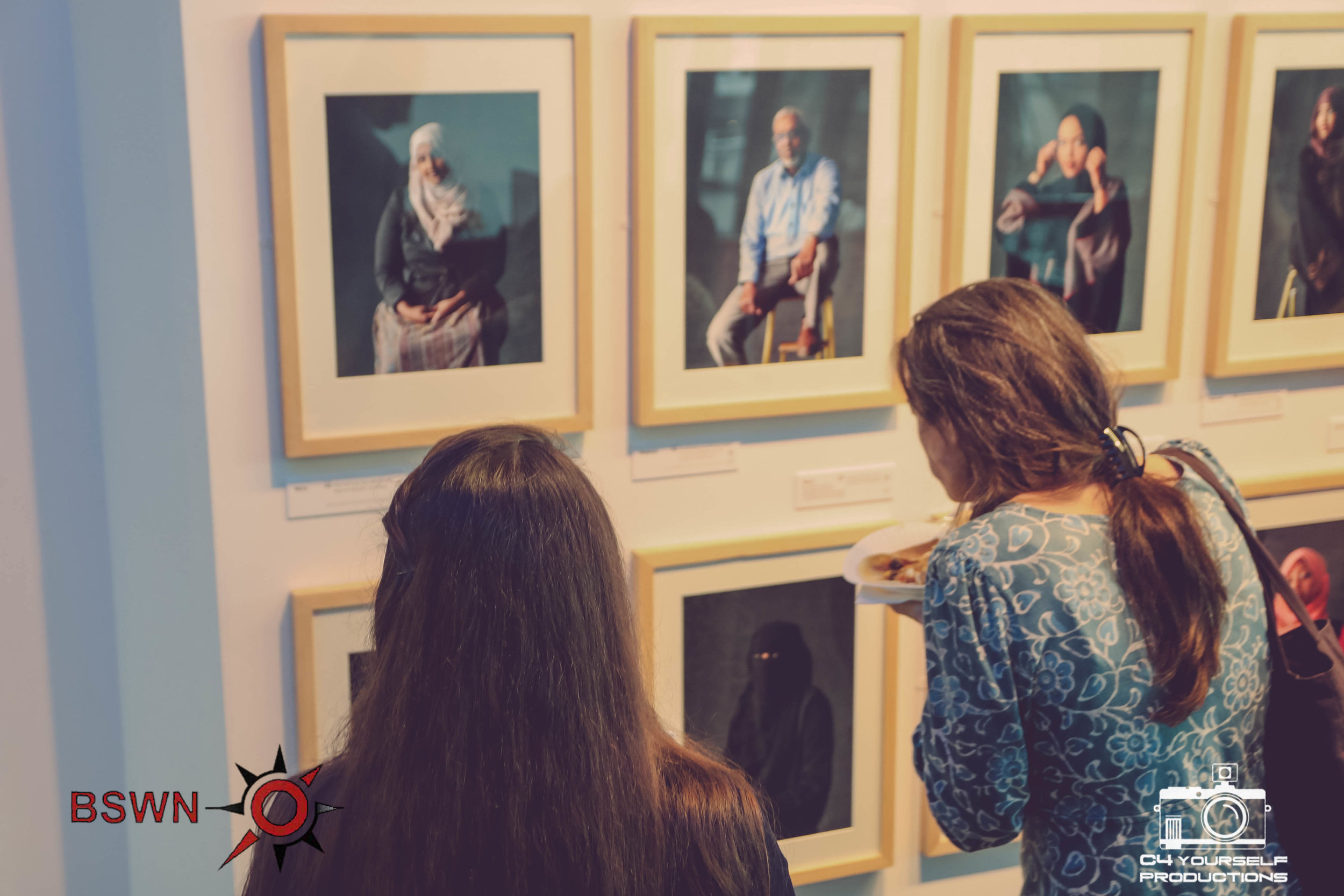Somali Diaspora Identity Project
‘Nin aan dhul marini dhaayo maleh – He who has not travelled has no understanding.’
This project focused on the heritage of the Somali community in Bristol. In particular it focused on their identity as both a pastoralist community by culture, and as a diaspora community by circumstance.
Many of the Somali population fled Somaliland during the civil war with Sayeed Barre, and many others have come from southern Somalia during the ongoing conflict there from the fall of Sayeed Barre until today. Whilst both groups’ flight stem from internal violence, the contexts of these periods of conflict differ and so the impact on the sense of self and its relationship with others differs also.
Somali identity is traditionally tied very closely to the clan structure in Somalia. Status and social relations are conditioned both by the clan and by the strength of the patrilineal heritage of an individual.
However, a practical impact of enforced migration to the UK is the fracturing of this hierarchical system of power and influence, particularly in relation to wider society, and also in relation to gender dynamics in Somali families living in areas of disadvantage.
There are concerted efforts amongst 1st generation Somali Diaspora, and the more ‘noble’ families to retain this structure in Bristol, but there are growing questions as to its significance to the identity of 2nd and soon to be 3rd generation Somali Diaspora. This is particularly the case for those young Somalis born in the UK who have never experienced life in Somalia.
Additionally, Somalis are almost exclusively Muslim and are particularly visible in their faith and this needs to be factored into any consideration of culture, heritage, and identity. As individuals and as a community, they are exposed to and subjected to Islamophobia in all its forms. This has a particularly significant impact on younger Somalis’ sense of self in the UK, however, a fuller understanding of the community’s engagement with it requires a cultural historical understanding of heritage and identity across the generations.
Our project has explored Somali heritage and identity in the UK from 1991 to the present day. We have drawn out how heritage and identity have changed as a result of living in the UK, and to developed a body of work that all people can relate to. Through intervciews and the exhibition, the project examined four themes of Somali heritage and cultural identity to understand what it means to be a Somali and Bristolian/British. These themes are:
Movement and the self – motivations for coming to Bristol/staying in Bristol; the sense of self and belonging in both Somali and Bristol identities; the differences in
this across the generations.
Day-to-day Somali culture/heritage and how it has changed in the city since the 1990s – the importance of the clan system (names, looking after members, care of the elderly and poor); the role of women; weddings; clothing; connections with ‘home’ including remittances.
Somali Arts and Culture – As a community with an oral tradition this will predominantly be about poetry, the special use of proverbs, theatre, and music and their role in individual and community identity and history.
Politics and Money– featuring entrepreneurial spirit & political involvement, highlighting the number and extent of Somali run small businesses in Bristol, and the involvement with Bristol politics. As well as highlighting the traditional importance of politics and political discussion within the Somali community.
Please, listen to the audio exhibits on the following page that were taken from the interviews, and featured in the exhibit at the MShed. There are also written transcripts of all the interviews that you can download here. (link)
You can view and download PDFs of some of the exhibit displays here – Panel 1; Panel 2; Panel 3
The exhibit was launched by the Bristol Festival of Somali Culture 2016. You can read more about it and see some of the pictures from this hugely successful event – 650 people came to the events over the course of 3 days.
'A picture of Somalis in Bristol', by Kirsty Mackay for The Bristol Cable














